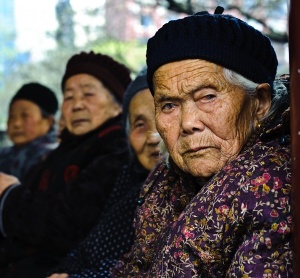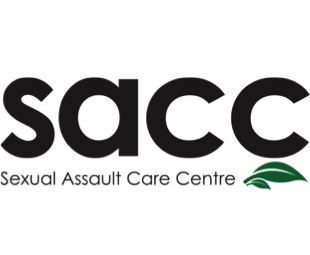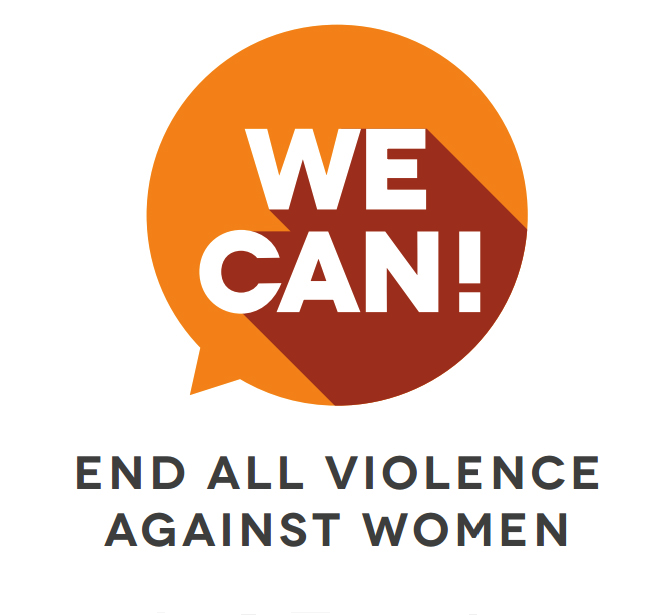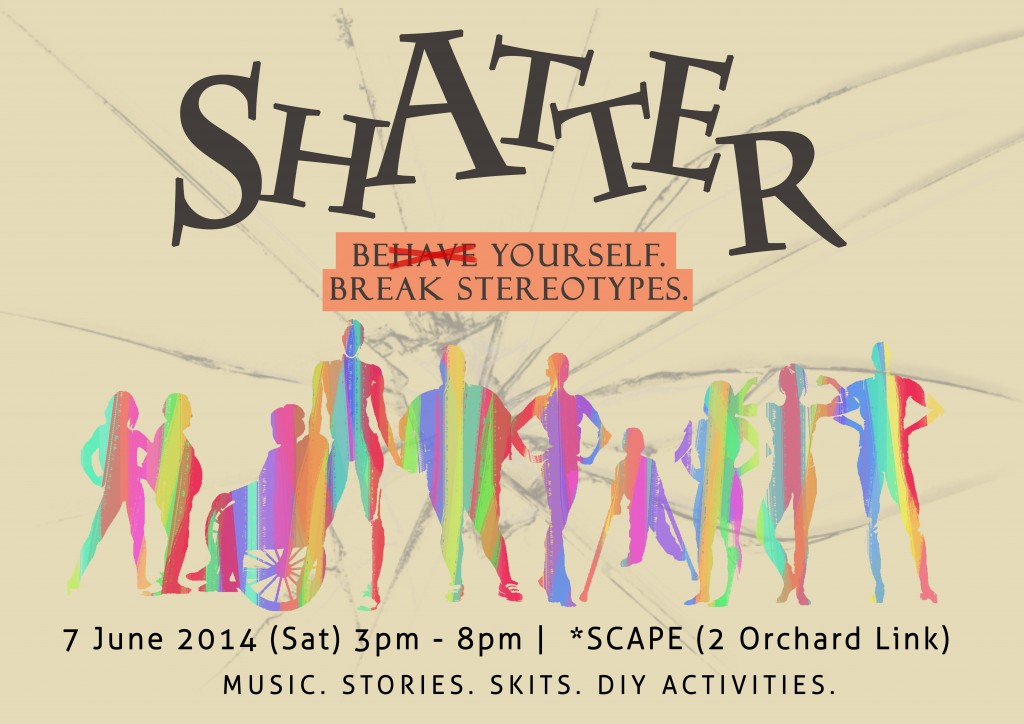By Jolene Tan and Teo You Yenn
 In our society, families come in many forms. Every person has family, at least at some point in their life. The same individual’s family can look quite different at different times. These are empirical facts, not ideological positions.
In our society, families come in many forms. Every person has family, at least at some point in their life. The same individual’s family can look quite different at different times. These are empirical facts, not ideological positions.
It follows that the well-being of people within families, and the ways in which family relationships can affect that well-being, should be of interest to all.
Paradoxically, this universality leads to ambiguity in the idea of being “pro-family”. Who, after all, would describe themselves as “anti-family”? But if everyone is “pro-family”, what does that term, in practice, mean?
When we discuss societal efforts to promote the well-being of families and the people in them, it is important to be clear about what that entails. What or whom are we trying to protect? What specific ethical values and moral practices do we hope to enhance? And, perhaps most significantly, how are these valuable to society as a whole?
In our view, society should take an approach to families that protects the disadvantaged and the vulnerable. Because familial units are so central to people’s lives, inequalities and injustices perpetuated in and through families reverberate throughout society. To build a just, equal and democratic society, our approach to families must place justice and equality at its core.
How can we put this into practice? First, we must recognise and address the injustices and inequalities within families. Second, we must strive to understand and reduce the inequalities between different families in accessing stable and secure familial lives.
To tackle injustices and inequalities within families, we should promote families as places of mutual respect and care, rather than hierarchy, exploitation and control.
This means taking measures to stop domestic violence, including ending the denial of sexual autonomy embodied in marital immunity for rape. The notion of family privacy is sometimes used to excuse or minimise violence done by one family member to another – putting the idea of an intact family unit above the safety of the people within it.
Making the family a place of respect and care means ensuring that everyone, regardless of age and gender, has rights to accurate information and autonomous decision-making on matters that concern their health and wellbeing. It means supporting people in their aspirations for good lives, by ensuring that women and men are equally supported as both wage-earners and caregivers.
It also means tackling the prejudices and pressures that can damage parent-child relationships – for instance, when parents pressure their children to conform to particular gender or sexuality norms. Ideas of family “honour”, “shame” and “reputation” are used to suppress the individual wishes and aspirations of family members, especially women. Too often, “pro-family” is taken to stand for a punishing view of sexual morality, resulting in estrangement and needless anguish, for instance when parents refuse to accept the sexual orientation of their children. Ironically, this damages good family relationships – sometimes irreparably – far more than it promotes them.
In addition to addressing inequalities within families, we must also address inequalities across families. In a society with a high level of income inequality, and where access to fundamental needs such as housing, healthcare, and education are highly contingent on income, families’ access to stable and secure family lives are unequal. An approach to family that is centered on equality and justice must face this directly.
This means reducing reticence toward universal welfare. It means far more aggressive measures to ensure that all types of families receive public support, and not just those that fulfill narrow criteria. Maternity leave should be equally and universally available: unmarried mothers and their families deserve support in caregiving no less than married ones. Public housing should likewise be accessible to all families, not only those who fit narrow criteria as to family structure.
Reducing inequality between families means providing sufficient alternatives to privatised childcare, so that options are not restricted to those with means. It means ensuring that individuals need not depend so heavily on their families’ cultural and economic capital (such as the ability to pay for private tuition) to receive a good education. Support for children should be channeled in ways that reach families at all income levels – unlike tax reliefs or matching deposits, which only benefit those with higher incomes. We must also acknowledge, value and support varied forms of caregiving such as caregiving by grandparents, aunts and uncles, non-relatives.
Too many who claim the label “pro-family” use it primarily to exclude or ostracise. As the world commemorates the International Day of Families on 15 May, it is time for us to commit, instead, to an inclusive vision of justice and equality – one which centres on the genuine well-being of existing families in all their diversity, and the many real and varied people in them.
Jolene Tan is the Programmes and Communications Senior Manager at the Association of Women for Action and Research (AWARE).
Teo You Yenn is a board member at AWARE, Assistant Professor in Sociology at the Nanyang Technological University, and author of the book Neoliberal Morality in Singapore: How family policies make state and society (Routledge, 2011).
This article was first published on the Straits Times website with the title ‘Celebrate all families on International Day of Families’ on 15 May, 2014.







 We, the undersigned, are alarmed by the recent surge of racism and xenophobia in Singapore. They threaten the human rights of all (especially migrants) and the health of our political conversation.
We, the undersigned, are alarmed by the recent surge of racism and xenophobia in Singapore. They threaten the human rights of all (especially migrants) and the health of our political conversation.

 Youth is the
Youth is the 


 In our society, families come in many forms. Every person has family, at least at some point in their life. The same individual’s family can look quite different at different times. These are empirical facts, not ideological positions.
In our society, families come in many forms. Every person has family, at least at some point in their life. The same individual’s family can look quite different at different times. These are empirical facts, not ideological positions.